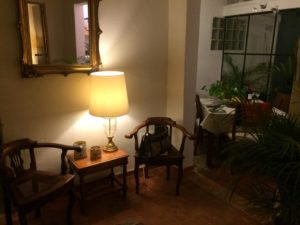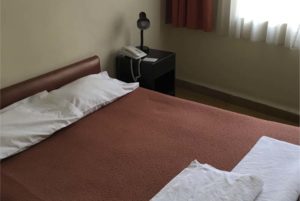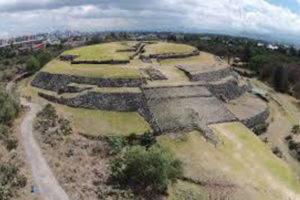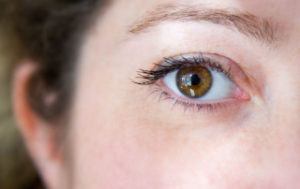
The senses are our windows to the world. They give us information that we use to stay safe, interact with others, experience our world and understand life (the hallmark of our species).
The challenge is that we’re so constantly bombarded with a stunning array of input, that most of us suffer from sensory overload. What we register consciously at any given moment is but a fraction of what is coming at us. So what should we pay attention to? How do we prioritize? How can we focus on what is important and ignore the rest?
The art of developing our attention is perhaps more important than ever before in human history because we are faced with more sensory information than ever before.
We do have a natural filter, the reticular activating system (RAS), that enables us to sort out what information to pay attention to and what to prune so that we don’t go crazy. Moreover, it is a filter that is trainable. We can consciously engage our awareness to manage our sensory perceptions.
An important thing to understand is that our beliefs and past experiences shape how we filter sensory input. The great news about this is that we can focus on the senses to quiet the mind (and vice versa) to affect our interpretation of what we are sensing. We can free ourselves from belief systems that don’t serve our overall wellness to activate a greater awareness of what is both seeable and un-seeable around us.
The eyes are especially important. They are often more fatigued by overstimulation than any other sense organ. We make countless decisions each day based on what our eyes are telling us. There is a voluminous amount of information to process. Computers, smart phones and TVs vie for our attention and cloud our visual sensibilities.
Relaxing is a key thing for all of our senses, in fact. When we can quiet down the way we normally use our senses, we make way for opening to a more expansive way of interpreting sensory data. When you relax your eyes, for example, you’re able to see other aspects of the world. When your eyes become silent, you can see silence. This is true of all five senses. It is also a key for waking up the 6th sense.
When we activate our 6th sense, we have the capacity to apprehend what isn’t commonly available to us—something that we sometimes feel in our gut or our heart.
I’ll talk more about the 6th sense and how to cultivate it on Saturday. I hope you can join me!








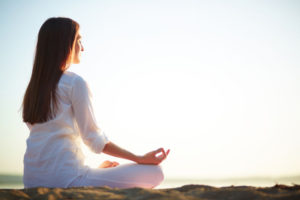



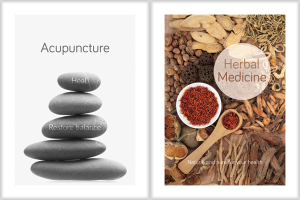

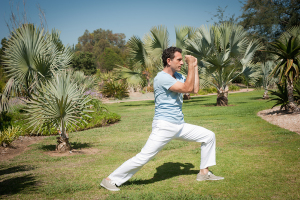
 Broccoli
Broccoli
